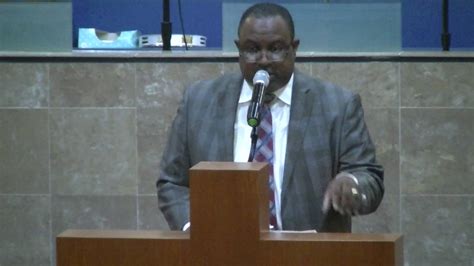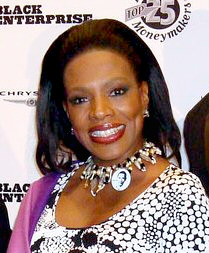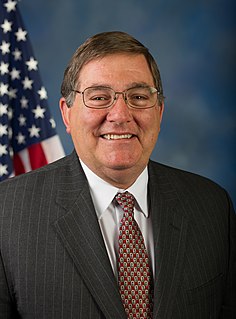A Quote by Charles L. Allen
As I go about I see a lot of "coffin" men. They have room for themselves and nobody else.
Related Quotes
I think a lot of women who are celebrities and who are very beautiful have terrible problems with their men being very controlling. Women allow themselves to be dominated and controlled by men in all sorts of other ways that are very complicated, you know? I don't really see a lot of women engaging in discussions about the struggles and power relations with men and their lives, like their bosses, boyfriends, husbands, coworkers. I don't see that happening very often, whereas I see a lot of misogyny on the internet. I see a lot of hatred towards women and a lot of fear of women.
When you talk about the mental health problems, when people come back from war and combat and they see things that maybe a lot of the folks in this room have seen many times over and you're strong and you can handle it. But a lot of people can't handle it. And they see horror stories. They see events that you couldn't see in a movie, nobody would believe it.
The real test is this one: When you're alone in a room, when you're in a private place and nobody else can see you, what do you choose to do? Eat well, or eat poorly? Exercise, or watch television? Practice something, or do nothing? The best version of the truth appears to you and you alone, when nobody else can see. This is the test of discipline, and it's what makes the difference in your life. It's what regulates your own system and guides it. The individual alone comprehends it.
People just didn't write songs that were so directly emotional in those days. They still don't. Part of Hank's [Williams] thing was that he was opening up about relationships between men and women in ways that nobody else did, and I think that's something that made him stand out so much. His songs are just so straightforward about these really deep feelings that are universal, but they're so hard to write about without sounding sappy or over the top. You think of men in that era - they didn't express themselves that way.
In churches, we see that getting people to show up for a prayer meeting is a lot more difficult than a concert or service project or just about anything else. So we were thinking, we're stepping into some unknown territory here that could be as profitable, or it could be a box-office flop, but there was a rightness about it. And so this whole idea of the war room being like a spiritual warfare room, a place of prayer where you get alone with God and you're making your decisions and you're dealing with your issues first in prayer.
If you want, you can have a coffin made out of cardboard or wicker or papier mache. There's one like a seed pod, or you could buy one that doubles as both a bookcase and a coffin. During your life, you stand it in your living room, and then after you die, the books are taken out and your body put in their place and the whole thing buried.





































